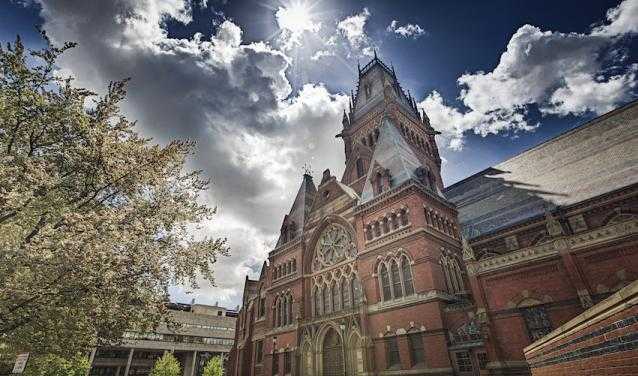Home>A career in research, from Sciences Po to Harvard

26.05.2017
A career in research, from Sciences Po to Harvard
Tom Chevalier was recently awarded a John F. Kennedy Memorial Fellowship, providing him with funding to carry out a one-year research project at Harvard University's Center for European Studies. Having completed a doctoral thesis at Sciences Po which focused on how the welfare state takes care of young people across Europe, he now intends to turn his attention to the field of comparative political economy, taking a wider look at the ways institutions interact.
Could you describe your academic career so far?
Tom Chevalier: I began by following a preparatory class in Literature at Lycée Henri IV in Paris, subsequently studying for a Master’s degree in philosophy at University Paris IV. After that, I came to Sciences Po where I gained a second Master’s degree, this time in Public Affairs with my thesis on youth and the welfare state in France. I developed this theme in my PhD, undertaking comparative research on public policies for the young throughout Europe.
You have just been awarded the J.F. Kennedy Memorial Fellowship. Could you tell us about this?
TC: I applied for this fellowship through the Harvard University homepage. It’s a fellowship that was previously open only to German researchers, but this year they opened one position for a non-German student, and I was lucky enough to win it. It funds one year of research at Harvard’s Center for European Studies.
How will this fellowship help you carry forward your research?
TC: I have decided to work on a research programme at Harvard that is quite different from my previous research at Sciences Po. I’ll be working in comparative political economy, taking France as a case study.
One of the main conclusions of my doctoral thesis is that it is impossible to understand public policy approaches to young people without understanding the wider picture: a country's employment policies, educational system, growth strategy and political system. During my PhD research this led me into the area of comparative political economy - a pluridisciplinary field which is quite developed abroad and less so in France - combining sociology, economics, and political science. At Harvard several scholars are developing the "varieties of capitalism" school, Peter A. Hall being a notable example.
How does this apply to the French case in particular?
TC: I noticed that France doesn’t fit into the traditional classification of countries regarding political economies. Most national economies are either liberal, meaning that actors interact via the market, or coordinated, meaning that they interact strategically through specific institutions. France is an outlier as it presents elements of both. I’m going to conduct research on the French case, looking at historical documents from the end of the 19th and beginning of the 20th century, to see why France is such an exception.
What are your plans after your year in Harvard?
TC: My long-term plan is to return to France to try to advance the field of comparative political economy, which isn’t particularly developed here. Furthermore, I would like to link the research I’ll undertake at Harvard with my work on youth, to extend the analysis of the different regimes I identified in my PhD dissertation.
Interview by Éloïse Stark, Sciences Po School of Journalism
Related links
- In 2015, the Journal of European Social Policy and the European Network for Social Policy Analysis (ESPAnet) awarded the Doctoral Researcher Prize to Tom Chevalier for his article "Varieties of youth welfare citizenship. Towards a two-dimension typology". Find out more about Tom Chevalier
- Find out more about the Sciences Po Doctoral School
- Find out more about the Centre d'Études Européennes at Sciences Po